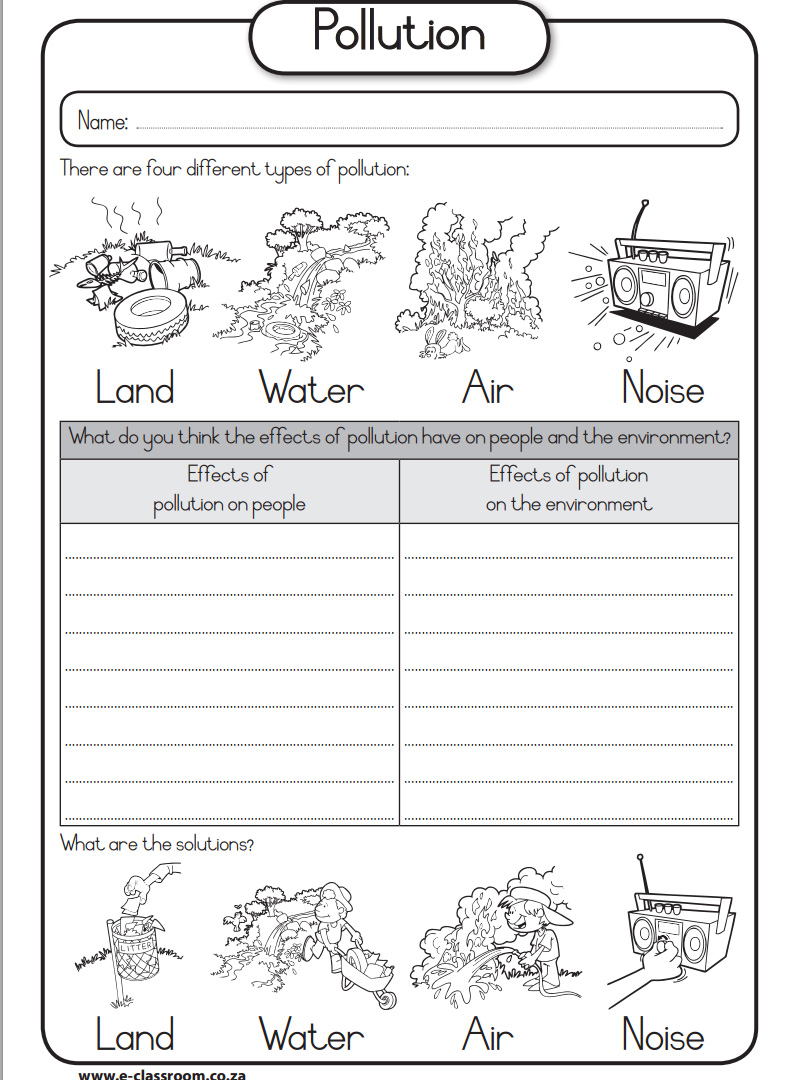Cultivating Consciousness: A Guide to Understanding Land Pollution
Land pollution, in its essence, is the degradation of the Earth's surface through the accumulation of harmful substances. Imagine a pristine meadow, vibrant with wildflowers, slowly being choked by discarded plastics, chemical runoff, and industrial waste. This contamination not only disfigures the landscape but also poisons the soil, disrupts water cycles, and threatens the very foundation of our ecosystems.
The roots of land pollution run deep, entangled with industrialization, urbanization, and unsustainable practices. As societies evolved and industries boomed, the amount of waste generated far surpassed our ability to manage it responsibly. Landfills overflowed, toxic chemicals leached into the ground, and vast areas were scarred by mining and deforestation. This disregard for the environment has left us grappling with a legacy of contamination that threatens our health and the well-being of future generations.
Understanding the complexities of land pollution is crucial for developing effective solutions. This involves recognizing the various sources of contamination, from agricultural runoff laden with pesticides to the improper disposal of electronic waste. It requires acknowledging the interconnectedness of our actions, recognizing that even seemingly small choices, like opting for single-use plastics, can have far-reaching consequences.
Addressing land pollution is not merely an environmental concern; it is a societal imperative. The health of our planet is intricately linked to our own well-being. Contaminated soil can lead to food insecurity, as crops struggle to grow in polluted environments. Water sources become compromised, impacting both human and animal populations. The air we breathe is laden with particulate matter from burning waste, leading to respiratory problems and other health issues.
Breaking free from the clutches of land pollution demands a multi-faceted approach, one that encompasses individual responsibility, collective action, and systemic change. We can start by embracing sustainable practices in our daily lives, such as reducing waste, composting organic materials, and supporting businesses committed to eco-friendly operations.
Education plays a vital role in fostering a sense of environmental stewardship. By understanding the impact of our choices and advocating for responsible policies, we can empower future generations to be guardians of our planet. Let us remember that the Earth does not belong to us; we belong to the Earth. It's time to honor that connection by protecting and preserving this precious gift for generations to come.
Crank up the waves unleash your boats audio with a 500 watt marine amplifier
Unlock your dream boat the ultimate guide to used boat loan comparisons
Unlocking your chevy malibus secrets a guide to rpo codes














